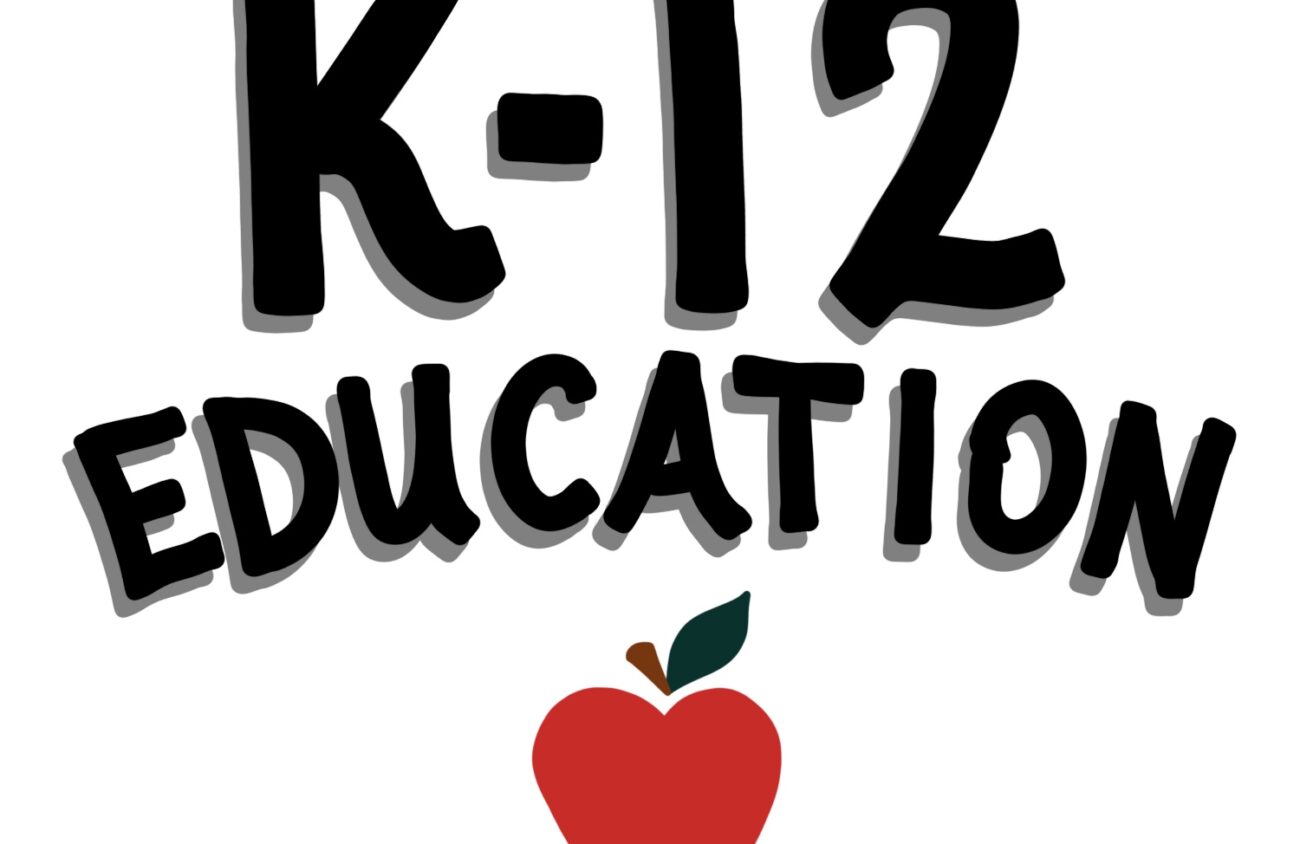Adorned in heart-shaped eyeglass frames, the Eugene School District 4J Board of Directors’ newest member, Ericka Thessen, was sworn in with a smile on Oct. 3.
In an interview with Eugene Weekly, Thessen addressed her ideas on improving mental health resources and academic accommodation processes, the unhoused student population and lack of BIPOC teachers in the district.
While new to the 4J board, Thessen says she is no stranger to the tumult that can ensue in local politics. The single mother of three has worked as a licensed physical therapist for 26 years and says the frenzy of her work in the hospital has prepared her for the position.
“I have my job in the emergency department, an observation holding unit, so you know it’s sort of a running joke that I thrive in chaos,” Thessen says. “And honestly, it’s not that different here. We have a lot of work to do and not always a ton of time to do it, and the funding is always never sufficient. At the end of the day, it’s about doing what’s best for our students and our staff and really kind of triaging and identifying what really needs to be focused on.”
Thessen originally hails from the Midwest but came to Eugene to begin her career as a physical therapist with PeaceHealth 26 years ago, where she now continues to work full-time at RiverBend.
Thessen’s entrance to the board came after former 4J board member Laural O’Rourke resigned in July, alleging racial discrimination and harassment from fellow board members.
The board received 24 applications to fill O’Rourke’s vacant seat, and after multiple rounds of interviews, the board appointed Thessen to Position 2 by a unanimous vote.
Thessen’s biggest driver to join the board was her children’s experiences and struggles in 4J district schools. “I have two kids that are autistic, and I have one kid that has pretty significant health and mental health struggles,” Thessen says. “So watching them navigate school really is what landed me here today.”
Thessen recalls the nightmare of attempting to navigate the mental health system for her child, who was diagnosed on the autism spectrum later in life. She says she believes expenses of a diagnosis, counseling and advocating for accommodations and help in schools are a likely common issue for many parents of students in the 4J district.
For many district students, and in public education in general, getting Individualized Education Programs (IEPs) and 504 Learning Plans established for students with learning disabilities can be challenging. Thessen cites tight budgets and limited resources as a culprit behind the current shortcomings of mental health resources in 4J.
Now on the board, Thessen hopes to bring her personal experience with mental health advocacy to the district level.
“I just think there’s lots of opportunities because a lot of kids are struggling, you know, whether it’s anxiety or eating disorders or depression and self-harm,” she says. “I think there are ways that we can support students better, but a lot of it means partnering with local community agencies.”
In addition to mental health resources, Thessen spoke with EW on a range of current issues and plans on the school board’s docket.
The 2021-2022 four-year cohort graduation rate average for all students in the Eugene 4J School District was 80.75 percent, but the grad rate for 4J unhoused students was 46.92 percent and 59.34 percent for students with disabilities.
While the district does provide resources for unhoused students, Thessen explains that there are still issues with the programming. Many students aren’t technically houseless but are in unstable housing conditions, and the self-reporting system also allows some to fall through the cracks. She has previous work doing street outreach for CORE (Community Outreach Through Radical Empowerment), an organization that helps young people on the streets in Eugene and is eager to work alongside her fellow board members on this district issue.
“That is something that’s extremely important to me, and that is something that I’ve always looked at from when I was on site councils to now,” Thessen says. “It is 100 percent one of our key focal groups as identified both by the state and just as a district because we know that that is one of the populations in which their graduation rate is not meeting other student groups.”
Thessen also tells EW the development of the affinity groups for the district’s middle and high schools is a current project she is excited to be involved in. The Eugene 4J district has been no stranger to talks of racial diversity and the need for more equitable inclusion of BIPOC students in recent years, and she acknowledges this topic as something on the board’s radar.
The 2022-23 Oregon Department of Education Eugene SD 4J profile shows that the district reported 0 percent of its teaching staff is Black and 7 percent is Hispanic, with the overwhelming majority of teaching staff being white, at 88 percent.
“I think at the end of the day, we have to retain and recruit more staff of color. I know that the district is working on this, it’s not like I’m bringing up a novel idea. It’s on the superintendent’s radar and on the board’s radar and this is extremely important,” Thessen says. “It’s important if you’re a student of color, if you’re a student with a disability, there is nothing more awesome than looking up and seeing somebody that shares your experience teaching you.”
